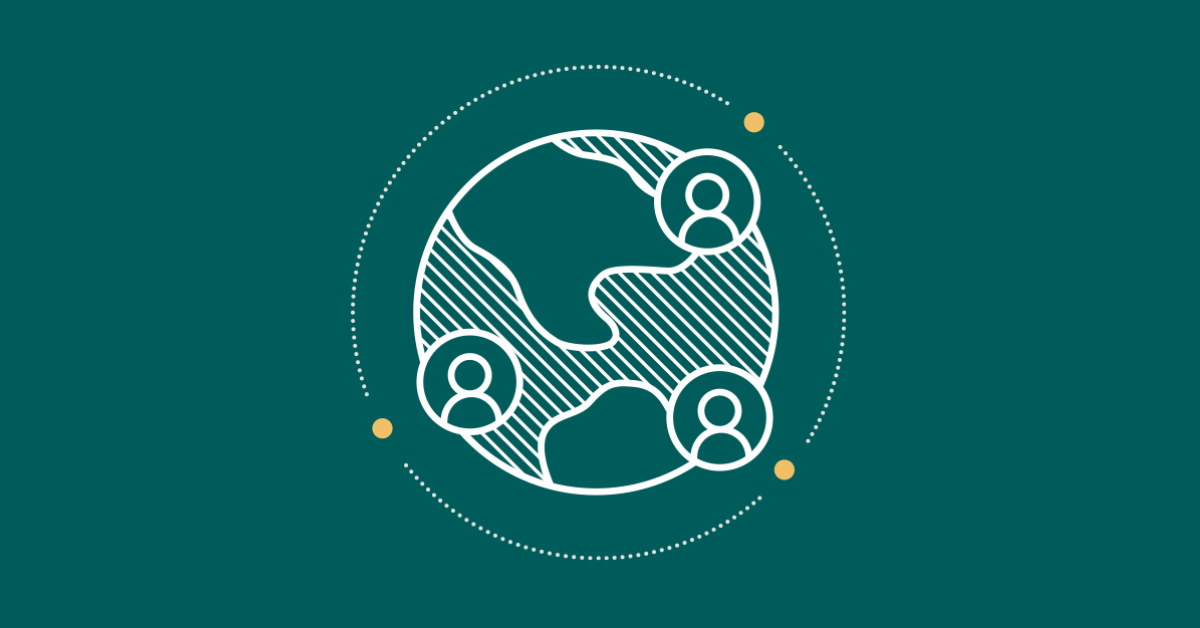Article
The Role of Our Hotlines
INHOPE hotline members play a crucial role in combating child sexual abuse material (CSAM) online. They receive and handle reports of CSAM as well as other harmful content, depending on their specific mandates. These reports can include inappropriate child-related images, child grooming activities, adult pornography accessible to children, extreme adult content, racism and xenophobia, promoting violence, terrorism, and drugs.
The primary goal of a hotline is to ensure the swift removal of illegal content from the internet by notifying the relevant Internet Service Provider (ISP) and reporting the case to law enforcement for victim identification. Hotline analysts, trained by INHOPE, INTERPOL, and national law enforcement agencies, assess the illegality of reported content under national and international laws. If content is deemed illegal, the analyst identifies its hosting location. If the content is hosted within the same country, the hotline reports it to national law enforcement and the ISP. If the content is hosted in another country, the report is forwarded to the relevant hotline via INHOPE’s secure platform, ICCAM.
How INHOPE Supports Its Members
INHOPE provides a structured framework for its member hotlines, outlined in a comprehensive Code of Practice. This Code of Practice sets clear expectations for how hotlines should operate, both individually and in collaboration with each other. It establishes minimum standards for the effective operation of hotlines, defining their roles and responsibilities within the INHOPE network.
The Code of Practice also safeguards the integrity of INHOPE and fosters trust among external stakeholders. It covers essential areas such as legal requirements, security protocols, confidentiality, stakeholder involvement, best practices, website standards, cooperation with law enforcement, staff welfare, hotline procedures, and funding. By adhering to these standards, INHOPE hotlines maintain a consistent and effective approach to tackling illegal content online and supporting global efforts to safeguard young people online.
INHOPEs general requiremensts:
• Legal requirements
• Security protocol
• Confidentiality
• Stakeholder involvement
• Best practice policies
• Website requirements
• Co-operation between hotlines and with law enforcement
• Staff welfare policy
• Hotline procedures
• Funding and constitution
A hotline can be operated by a governmental institution, a non-profit organisation, an association of internet service providers, a domain registry, or a department of the police. Although less often, hotlines can also be based at research institutes or universities. Hotlines differ in size as well, some with more than 30 analysts and others with just one analyst.
